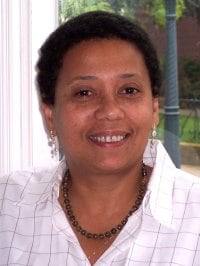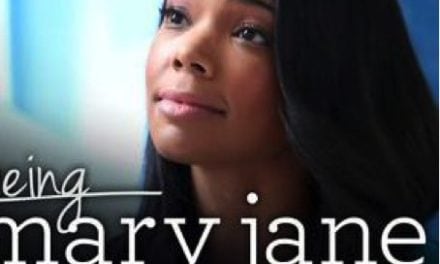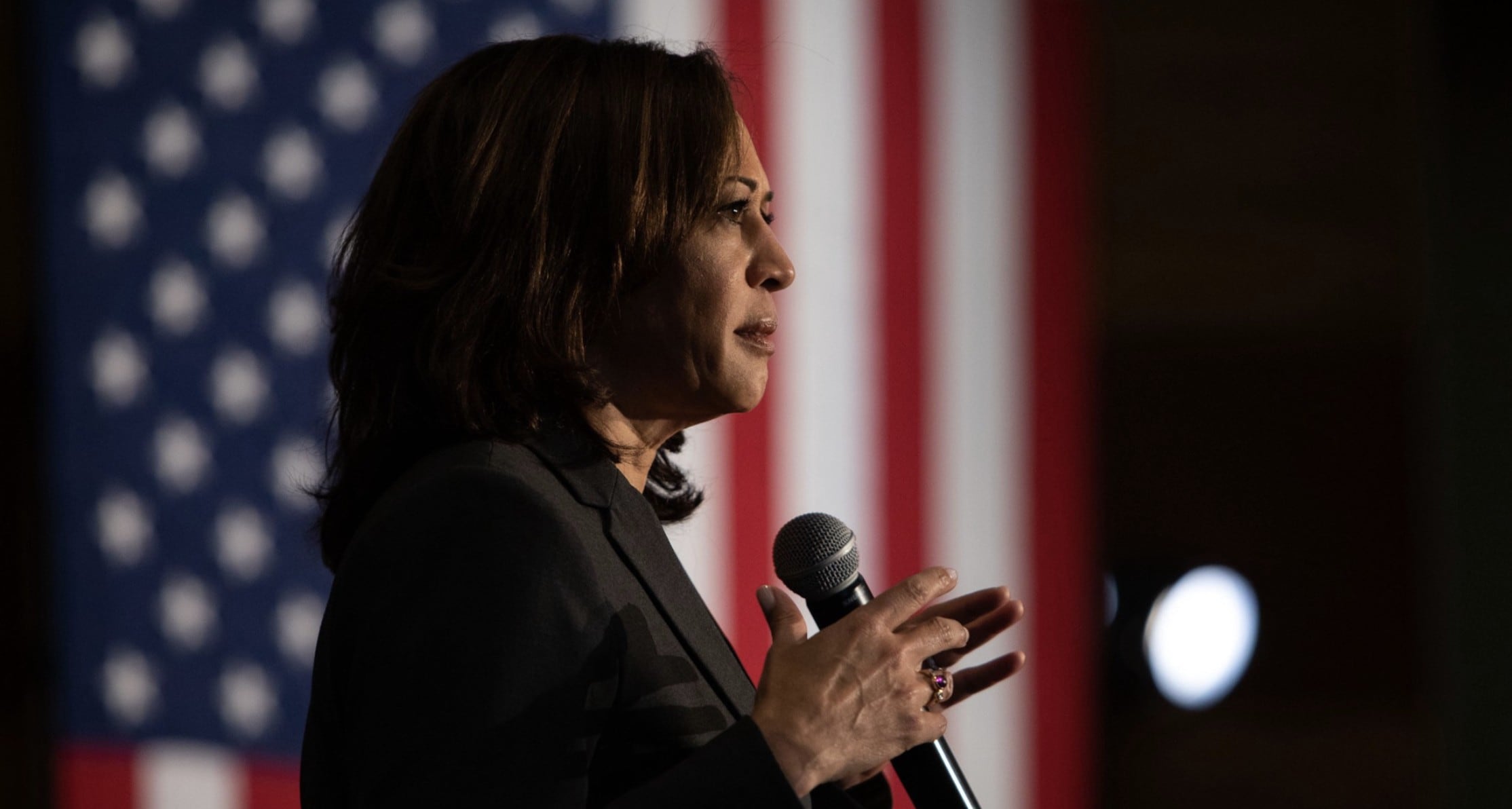
Dori Maynard devoted her life to ensuring that voices from every community were fully represented in the media and all aspects of life.
As I rushed down 43rd Street on a humid New York evening a few years ago, I was trying to calm my nerves because I was about to have a drink with a woman I admired greatly, but had never met: Dori Maynard. To any black journalist, Maynard’s family history, the legacy of her father, Robert, former owner and publisher of the Oakland Tribune, and stepmother, Nancy, the co-founders of the Maynard Institute for Journalism Education, was well known, but I had no idea what to expect.
As the leader of Institute, Maynard worked to carry on her parent’s commitment to diversity in media, so I assumed she would be formidable, maybe even a bit of a diva, but who cared. She had offered to share her wisdom on how to help journalists do a better job of covering health disparities in black, Latino and other underserved communities to help me with my work, and I was thrilled.
By the time I arrived, she had already settled in at a table. She greeted me with a big smile and within moments, my anxiety faded. Maynard was so warm and welcoming, I felt like I was having drinks with an old friend.
She did such an amazing job of making me laugh about whatever was in the news that day and life in general, that I was completely caught off guard when she revealed that she was also a caregiver who was then tending to a husband struggling with the advanced stages of cancer.
After spending a good while talking about alternative treatments that might bring her dear husband some relief, we finally got around to hammering out the details of helping journalists report on health.
That’s when I really met Maynard, the committed advocate who had devoted her life to transforming the media landscape into a world that welcomed journalists of all races. In that meeting and several that followed, she was full of ideas, concepts and new approaches to getting the job done.
A former journalist, Maynard knew firsthand the struggles of many journalists of color attempting to build careers in America’s newsrooms. Even more important, she knew the significance of making sure that voices from every community were fully represented in the media and all aspects of life.
Whether she was guiding the training of journalists from all backgrounds, tirelessly raising funds to further the cause or standing up for social justice through her writing and activism, Maynard never took her eyes off the prize — creating a media that would fairly and respectfully tell everyone’s story.
While it is heartbreaking to memorialize someone who left us so young — age 56 — it seems only fitting to commemorate Maynard and her contributions to a more equitable America in the context of Women’s History Month.
It’s time to add her to the list women who deserve to be remembered not just this year, as she was this week by many news outlets after losing her life to cancer in February, but every year, for the power and impact of her life’s work. It’s no surprise that when her March 2nd memorial came to an end, Maynard’s friends, family and colleagues rose to their feet to celebrate her with a standing ovation.
For Women’s History month, I can’t think of a more fitting remembrance than noting the changes Maynard worked for all her life.
Sheree Crute is editor-in-chief and co-founder of FierceforBlackWomen.com.
time to add her to the list women who deserve to be remembered not just this year, as she was this week by many news outlets after losing her life to cancer in February, but every year, for the power and impact of her life’s work. It’s no surprise that when her March 2nd memorial came to an end, Maynard’s friends, family and colleagues rose to their feet to celebrate her with a standing ovation.
For Women’s History month, I can’t think of a more fitting remembrance than noting the changes Maynard worked for all her life.
Sheree Crute is editor-in-chief and co-founder of FierceforBlackWomen.com.







